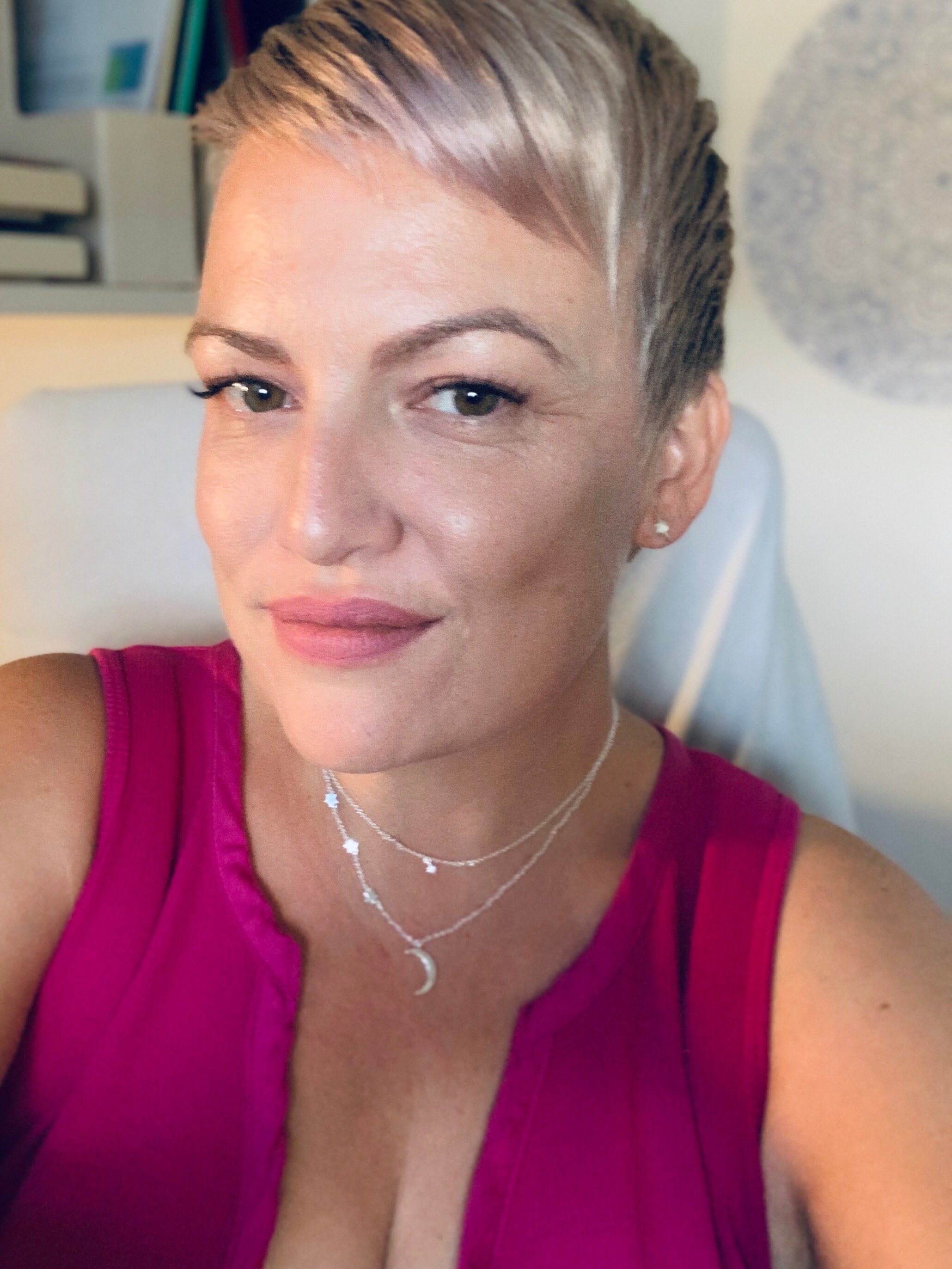Coaching or Counselling
Are you wondering what the differences are between coaching and counselling?
Most people are unsure of the differences between coaching and counselling, so here is an essential guide to help clarify that these two different health professionals are doing similar jobs.
What is The Definition of Life Coaching?
Life Coaching encompasses various holistic, Eastern, and Western-based therapies, with Health Coaching being a part of it. It is considered an alternative care profession, and life coaches may have different qualifications from various training establishments. Verifying their credentials and ensuring they have indemnity insurance before starting sessions is essential. Life coaching helps clients visualise their future selves and establish daily practices to help them achieve their goals. Coaches often conduct sessions in the client's home or workplace, gaining a unique insight to assist them in working through their life goals within their daily environment. Life coaches typically have weekly sessions with clients, with extra check-ins done via messaging platforms to provide ongoing support and accountability. Life coaches possess the skills to identify problematic behaviour that hinders clients' life goals and take a holistic approach to address their physical and mental needs. They may collaborate with other mental health professionals to create a treatment management plan focusing on mental health education during client sessions. Coaches collaborate with clients to change outdated habits and challenging behaviours by teaching essential mental health skills and providing emotional support. They assist in identifying, refining, and articulating goals while crafting a strategic plan that leverages the client's strengths and abilities. Furthermore, they hold clients accountable for their progress, offering structure, motivation, guidance, inspiration, and support.
Coaches help with:
Identifying, clarifying, and defining goals.
Creating a strategic plan to use the client's skills and strengths to reach those goals.
Holding the client accountable for the progress and achievement of those goals.
Provide structure, inspiration, guidance, motivation, and support.
What is the Definition of Counselling?
Counsellors can seem to do much the same as coaches, but they have a greater scope of clinical knowledge. They can work with diverse clients, be attached to an organisation or larger mental health facility, or be in private practice.
In Australia, a registered counsellor can only practise with a Certified Diploma, and session fees can be claimed through most health insurance funds. Counselling is considered a medical profession, and registered counsellors must follow strict guidelines set by a governing body such as the ACA and have indemnity insurance.
Counsellors can work with individuals with normal cognitive processes who have experienced challenging life events. They can also work with people who have severe mental issues that require specialised acute medical care. Counsellors are often included in larger medical response teams, including physicians, nurses, psychologists, and social workers.
Breaking down the differences Between Coaching & Counselling
Counsellors frequently work with clients whom a health care professional has advised needing therapy or counselling.
Coaches work with clients who often use a coach of their own volition.
Counselling is seldom a quick fix – it may take years to work with some severe mental disorders & traumas.
Coaching is sometimes a quick fix, though it usually takes a few months to help people overcome fears, phobias, and self-created obstacles.
And how both can work side by side…
While there are clear distinctions between coaching and counselling, it is essential to highlight their notable similarities. Both methods are practical and effectively provide support to clients. Significantly, they can operate alongside each other in a complementary way to assist individuals in overcoming various mental health challenges and working towards their life aspirations.


